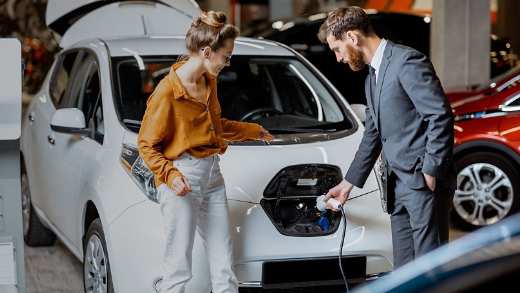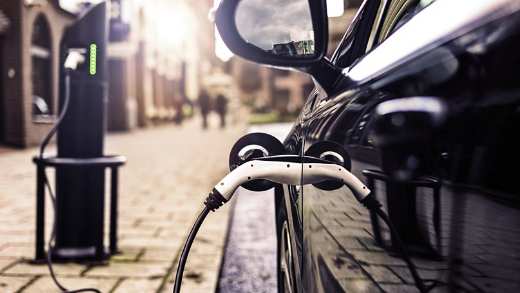Environment
Car CO2e emissions calculatorCalculate your CO2e (Greenhouse Gas) emissions per journey with our online calculator. Simply enter your trip details to help estimate the environmental impact of your travel.


Environment
Car CO2e emissions calculatorCalculate your CO2e (Greenhouse Gas) emissions per journey with our online calculator. Simply enter your trip details to help estimate the environmental impact of your travel.

Buying an electric car
Buying an electric car, a guideBuying an EV is not that different from buying any other car. You'll still need to think about what you need to use it for, your budget, how much it costs to run (and keep running), and whether you can get the best deal on new or pre-owned.

Buying an electric car
Buying a second-hand electric carBuying a used car takes a bit of savvy - it's a good idea to be as choosy as possible when buying one.

Electric vehicle
Government grants for electric vehiclesThe government offers certain grants for electric vehicles and chargepoints.

Buying an electric car
Electric vs hybrid cars: the differences explainedFrom how they work to how they charge, check out the differences between electric and hybrid cars.

Driving
What’s the future for electric vehicles?The UK is fast approaching its proposed 2035 deadline when the sale of new cars with petrol and diesel engines will end.

Find out about towing a caravan with your electric car, how much you can tow and whether you'll need special insurance.

Buying an electric car
Electric car myths bustedElectric cars could reduce your refuelling costs and are environmentally friendly due to their zero exhaust emissions – but people still hesitate to buy them.

From charging at home to at work and in public, find out the most cost-effective way to run your EV.

In this article we will look at charging your electric vehicle and electric vehicle insurance.